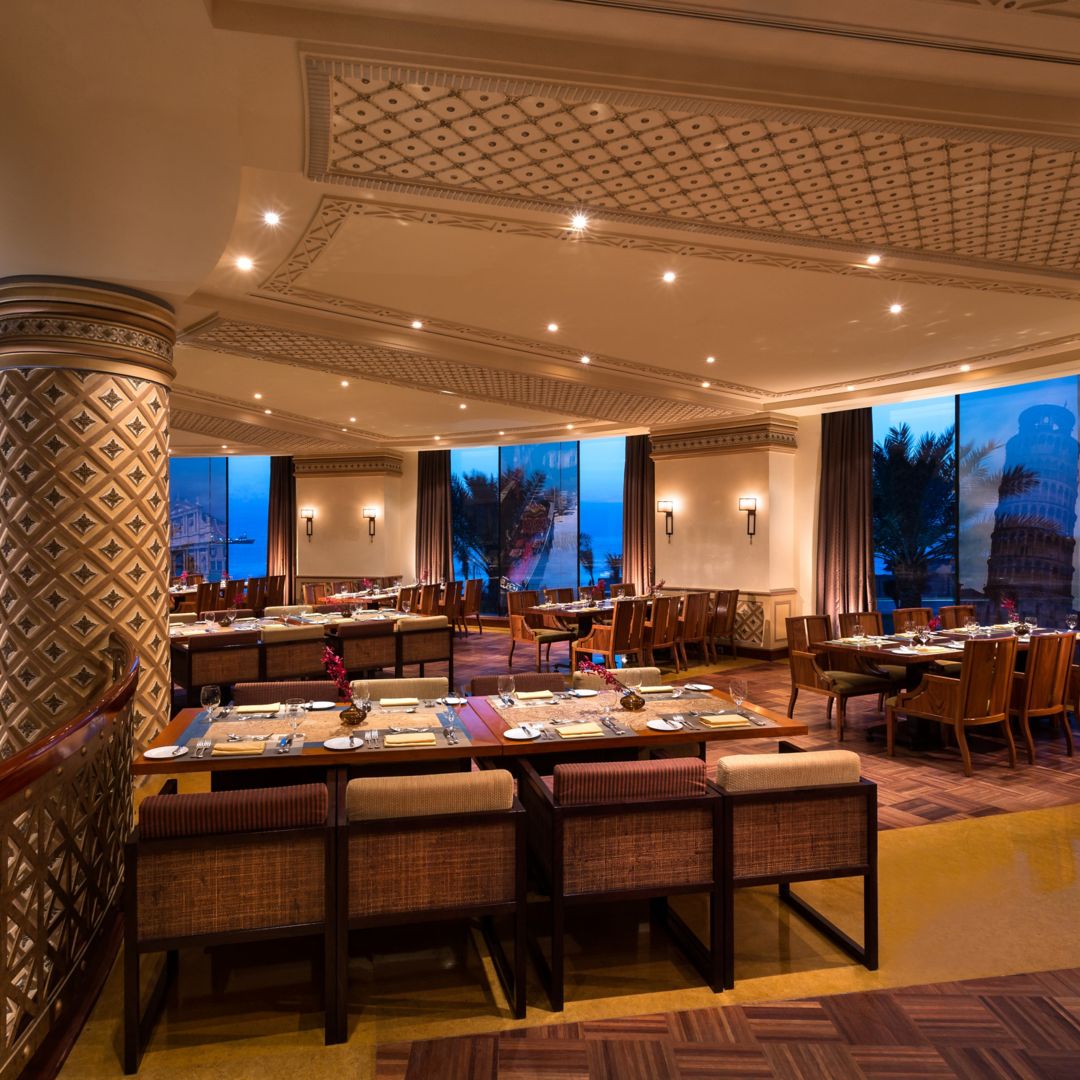A Manarat Jeddah Reunion with Mr Yusif
In Jeddah, the essence of Hyderabadi biryani is preserved in establishments like Shadab Restaurant on Al-Moallifeen Street, renowned for its authentic preparation and flavorful offerings. Another notable spot is Biryani Gate Restaurant in Azizia, praised for its delectable biryani and inviting ambiance. These venues not only serve exquisite biryani but also provide the perfect setting for gatherings steeped in nostalgia.(ref Tripadvisor)
Imagine planning a reunion of Manarat Jeddah alumni, reminiscent of our school days filled with camaraderie and shared dreams. Choosing a Friday for the event allows attendees to participate in Jumu'ah prayers at a nearby mosque, followed by a day of reminiscing and reconnecting. The venue, adorned with memorabilia and echoes of our past, becomes a canvas where stories are shared over plates of steaming biryani, laughter resonates, and bonds are rekindled.
Hyderabad and Saudi Ties-History
The historical ties between Hyderabad (India), Yemen, and Saudi Arabia are rooted in centuries of cultural, religious, and mercantile exchange across the Indian Ocean. These connections were fostered primarily through trade, migration, and shared Islamic traditions.
Hyderabad, the capital of the erstwhile princely state in southern India, has long-standing relationships with Arab regions, especially Yemen and the Arabian Peninsula. One of the most visible links is the Hadhrami Arab diaspora. From the 17th century onward, many Hadhrami Arabs from Yemen migrated to Hyderabad, drawn by opportunities in the Nizam's court and military. These Arab migrants, known as Chaush, became an integral part of the city’s culture and administration, often serving as soldiers, bodyguards, and officials. Their descendants still live in Hyderabad and maintain strong cultural traditions, including language and customs, influenced by their Yemeni heritage.
Religious ties also strengthened the relationship. Hyderabad’s Muslim rulers maintained close connections with the holy cities of Mecca and Medina in present-day Saudi Arabia. The Nizams of Hyderabad contributed generously to Islamic institutions and infrastructure in the Hijaz region, including the upkeep of mosques and the welfare of Indian pilgrims. During Hajj, thousands from Hyderabad made the pilgrimage, fostering people-to-people contact and spiritual kinship.
Trade further cemented these ties. Indian textiles, spices, and pearls were exported from ports like Masulipatnam and traded for Arabian horses, coffee, and frankincense. These exchanges created lasting economic relationships between the Deccan and the Arabian Peninsula.
Today, the legacy of these connections endures in family ties, linguistic influences (such as Arabic words in Hyderabadi Urdu), and cultural practices. The shared history among Hyderabad, Yemen, and Saudi Arabia highlights the fluidity of borders in pre-modern times and the enduring impact of maritime and spiritual networks.
There are people of Yemeni origin In Hyderabad.
The Barkash community in Hyderabad
_________________________________________________________________
Such reunions are more than mere gatherings; they are celebrations of shared histories and enduring friendships. They offer a chance to relive cherished moments, honor the legacy of educators like Mr. Yusif, and create new memories that bridge the past and the present. As we indulge in the rich flavors of Hyderabadi biryani, we also savor the richness of our collective experiences, making each reunion a tapestry woven with threads of nostalgia, gratitude, and joy.
Look it this way.










0 Comments